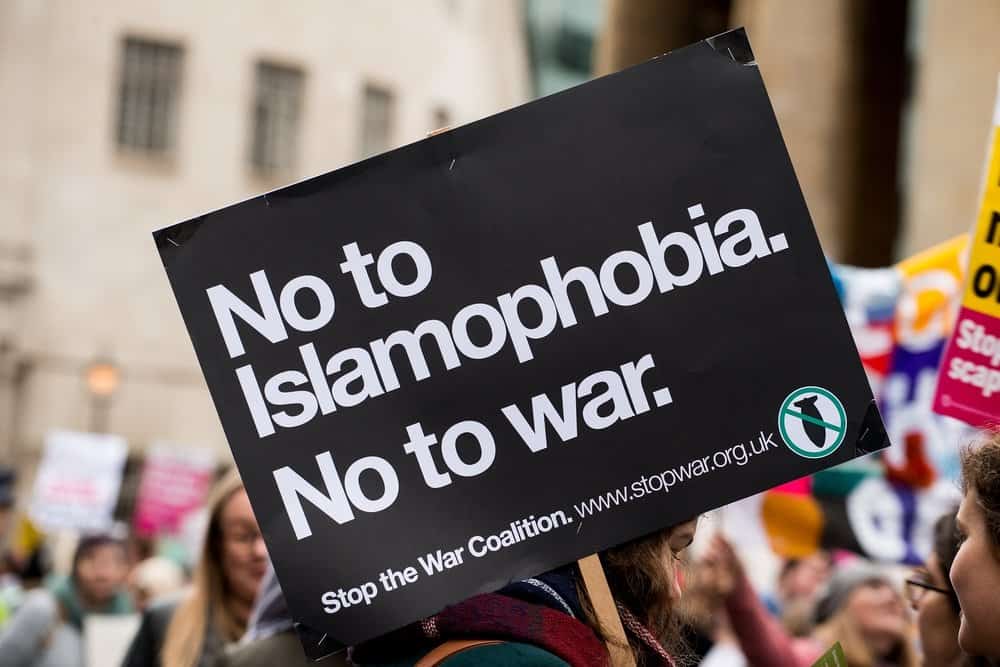Islam is a major global religion with over 1.8 billion followers and its presence in the Western world has significantly grown in recent years. However, the integration of Islam in the West has faced various challenges, such as prejudice, discrimination, and misunderstandings surrounding its teachings and practices. This essay aims to explore these challenges and provide potential solutions for addressing them.
One of the main challenges faced by Muslims in the West is the prevalence of negative stereotypes and discrimination. This can manifest in various forms, including employment discrimination, hate crimes, and biased media representation, making it difficult for Muslims to fully integrate into Western society and causing feelings of isolation and marginalization. To combat this, education and intercultural dialogue are key. By providing accurate information about Islam and facilitating dialogue between Muslims and non-Muslims, it is possible to break down barriers and reduce prejudice and discrimination.
Another challenge faced by Muslims in the West is Islamophobia, defined as the fear and hatred of Islam and Muslims. Islamophobia has become a significant issue in many Western countries and can take various forms, including hate speech, violence, and discrimination. This creates a climate of fear and mistrust for Muslims living in the West and hinders their full participation in society. To address this, legislation and policy play a crucial role. Many Western countries have laws prohibiting hate crimes and discrimination based on religion, which can be utilized to protect Muslims from Islamophobia. In addition, government agencies and organizations can work to educate the public about Islam and promote understanding and tolerance between different communities.
A further challenge faced by Muslims in the West is the issue of cultural assimilation and integration. Many Muslims may feel pressure to abandon their cultural traditions and practices in order to fit in with the dominant culture, leading to a loss of cultural identity and conflicts within Muslim communities. One solution is to promote cultural competency and understanding within society. By increasing awareness and knowledge about the cultural practices and traditions of Muslims, it is possible to create a more inclusive and welcoming environment for Muslims in the West. This can also involve providing support and resources to help Muslims maintain their cultural practices while living in the West.
In conclusion, the integration of Islam in the Western world has faced various challenges such as prejudice, discrimination, and Islamophobia. However, by implementing strategies such as education, intercultural dialogue, legislation and policy, and cultural competency, it is possible to create a more inclusive and welcoming society for Muslims in the West.










Post Comment